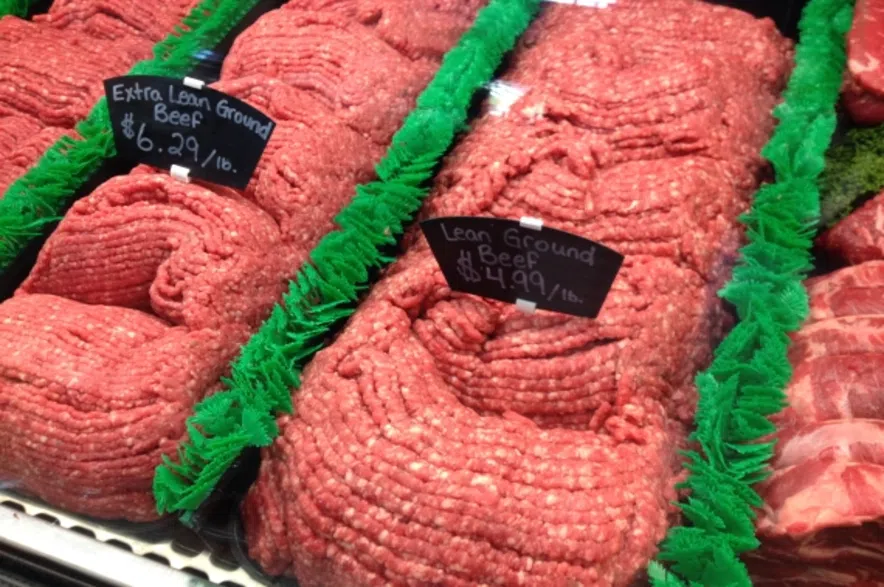By Scott Boulton
Canadian producers will have a new way to make sure they can say their product is upholding sustainability, as the Canadian Meat Council (CMC) is unveiling their participation in the Protein PACT Sustainability Framework. The initiative will look to uphold sustainability standards across the country for Canada’s beef producers.
Lauren Martin, the Senior Director of Public Affairs and Corporate Council for CMC, said that it was made in cooperation with our southern neighbours.
“This sustainability framework was developed by the Meat Institute, which is our sister association in the U.S.,” she said. “They represent meat processors in America.”
Read more:
- Trump pauses tariffs for most nations, unclear if it affects Canada
- Unprecedented 17.75 litres of GHB seized en route to Weyburn residence
- We are a country that has been shaped by war: Vimy Ridge historian
The framework looks at sustainability holistically, considering multiple angles according to Martin.
“It doesn’t just talk about sustainability on environmental metrics,” she said. “It measures and tracks and accelerates public commitments in five different focus areas for the processing sector. So those focus areas are things like animal welfare, labour and human rights, food safety, health and wellness, in addition to the environment.”
Martin said that with so many consumers, stakeholders and governments wanting to know how meat is made, a framework can help bridge trust to these other parts of society.
“That elevates the trust and hopefully turns into them buying more of our products. Something like the Protein PACT lets consumers, stakeholders and users know how it is the food that they have on their plates is produced,” she said.
CMC President and CEO Chris White shares the sentiment and feels it’ll be important to better communicate with consumers.
“Canada’s red meat processing sector has sophisticated science-based practices and outcomes across its establishments and systems in place,” White said. “This initiative will provide a vehicle to broadly communicate these initiatives and demonstrate our leadership to key stakeholders.”
The Protein PACT will see companies report their standards to one verifiable source, with Martin hoping to see more buy-in as time goes on.
“The process and the way it works is that the companies track these different metrics in those five different categories that I alluded to earlier,” Martin said. “That tracking goes into a database and then it’s reported out in an aggregate so that we have a baseline for the first year of where companies are at, as compared to all those different metrics.”
Martin said that they’ll hopefully see an improvement on all of those metrics as time goes on.
The first report from the framework is expected to be sent out in January 2026, with Martin saying she’s excited to see the results.











